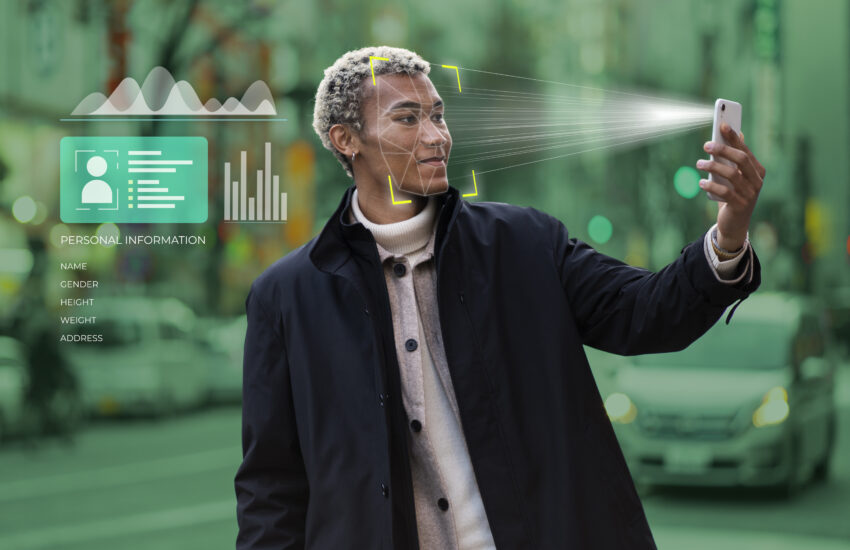Pakistan is currently going through an exciting phase of digital transformation. From mobile banking to e-learning, from e-commerce to artificial intelligence, innovation is reshaping the way people live, study, work, and connect. For students, this transformation is not just about technology—it’s about opportunities, skills, and the future of Pakistan’s economy.
This article explains how innovation is driving Pakistan’s digital growth and why it matters for students.
What is Digital Transformation?
Digital transformation means using technology to improve services, education, business, and governance. It includes adopting tools like cloud computing, artificial intelligence (AI), 5G networks, and e-governance systems to make life easier, faster, and more efficient.
In Pakistan, digital transformation is helping:
- Students learn online through platforms like Virtual University and Coursera.
- Small businesses reach customers worldwide through e-commerce.
- Farmers use apps for weather forecasts and crop management.
- Citizens access services like NADRA IDs, tax filing, and online payments without standing in long queues.
Why Innovation is the Key
Innovation is the heart of this transformation. It’s not just about having technology—it’s about using technology in new and creative ways to solve real-world problems.
- Fintech apps like Easypaisa and JazzCash are making banking accessible to millions without bank accounts.
- EdTech platforms are bringing classrooms to remote villages.
- HealthTech startups are offering online consultations to patients who cannot reach hospitals.
Without innovation, technology remains unused. With innovation, it becomes a solution.
Key Areas Where Innovation is Transforming Pakistan
Digital Education
E-learning platforms, online courses, and virtual classrooms are changing how students study. The COVID-19 pandemic accelerated this trend, and now many universities are blending online and in-person learning.
Impact on Students: Access to global courses, learning coding, digital marketing, and AI without leaving home.
Financial Inclusion through Fintech
Banking the unbanked is one of Pakistan’s biggest achievements. Mobile banking apps allow people to pay bills, transfer money, and shop online safely.
Impact on Students: Easier to pay fees, buy books online, and even start freelancing businesses with digital wallets.
E-Governance and Smart Services
Government services are becoming digital, from filing taxes to registering businesses. This improves transparency and saves time.
Impact on Students: Exposure to digital systems prepares students for careers in public policy, IT, and administration.
Startups and Entrepreneurship
Pakistan’s startup ecosystem is booming. Sectors like logistics, e-commerce, health tech, and EdTech are attracting millions in investment.
Impact on Students: New career opportunities, internships, and even inspiration to launch their own startups.
Artificial Intelligence and Emerging Technologies
AI, data science, and cloud computing are gaining attention in Pakistan. Universities are starting AI research labs, and businesses are using AI for customer support and data analysis.
Impact on Students: Learning AI and cloud skills opens doors to global job markets.
Challenges to Innovation in Pakistan
While innovation is growing, challenges remain:
- Digital Divide: Rural areas often lack internet access.
- Skill Gap: Many students don’t yet have advanced digital skills.
- Funding Issues: Startups struggle to secure consistent investment.
- Cybersecurity Threats: More digital systems mean higher risks of online attacks.
These challenges require policies, training, and awareness programs to ensure every student benefits from digital transformation.
The Future of Digital Pakistan
Pakistan’s vision is to become a knowledge-based economy where innovation drives progress. By 2030, experts expect that most sectors—including education, agriculture, finance, and healthcare—will be powered by digital technologies.
For students, this means:
- More demand for programmers, data analysts, and cybersecurity experts.
- New opportunities in startups, freelancing, and global remote work.
- A chance to shape the future by bringing new ideas and solutions.
Conclusion
Innovation is the engine of Pakistan’s digital transformation. It connects classrooms to the internet, farmers to apps, patients to doctors, and entrepreneurs to investors. For students, it is not just a national trend but a personal opportunity to build skills, careers, and businesses that thrive in a digital-first world.
The question is not whether Pakistan will go digital—it already has. The real question is: How will today’s students use innovation to shape tomorrow’s Pakistan?

